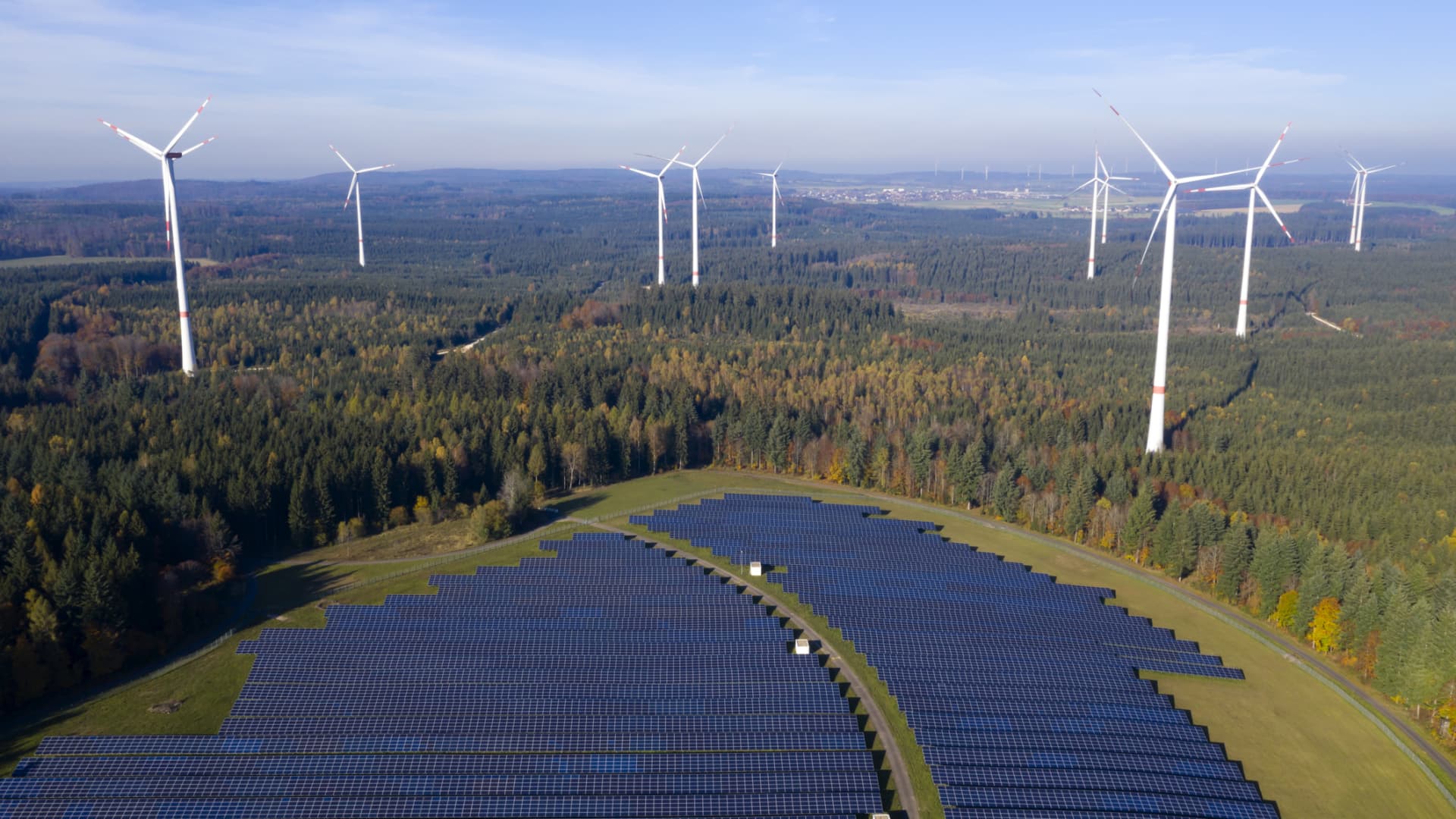BigHornRam
Well-known member
Wartsila sounds like a lot of hype with few details. Time will tell if they can perform or are just another green snake oil company.Google "Texas grid battery storage". Most of these problems are solved. The only issue is cost and how to pay. Hard to tax localized production, but I have faith they will find a way.




